Today, we are sharing a piece from the excellent “Follow the Thread” blog from our Design Center here on the East Falls campus.
Student bio – My name is Skylar Strouss and I’m a sophomore textile designer at Thomas Jefferson University. I’ve worked on knit, woven, and print design in my studio classes. As of right now, weaving is my favorite. I love all of my textile-based classes here at Jefferson but the community in our studio space is the best.
Analysis: T&CC 1994.5.15a,b, Mittens, c. 1890
In the Textile and Costume Collection, a pair of silk children’s mittens can be found. These mittens are handmade and somewhat well-preserved. They feature both knit and crochet–the knit being in the wrist area while the rest of the mitten is crocheted.
The gloves are discolored from what was most likely a white or cream silk. The color is now that of a darker cream or yellow color. The mittens measure roughly 6 to 7 inches long from top to bottom. These mittens are handmade, since mass production of knitwear was not common and you cannot achieve crochet on a machine. The purpose of the knit is that of decoration and possibly to provide stretch for getting one’s hand in and out of the mitten since crochet wouldn’t allow for much stretch. These mittens appear to be just a regular pair meant to keep a child’s hands warm.
To me, it was interesting to learn who wore these mittens. The donor noted that these mittens were worn by his uncle, Andrew Jackson Bair II. He was born in Philadelphia in 1888. Based on that information, I date these mittens to be circa 1890.
Object Re-Design
For the Object Re-Design portion of the project, I crocheted a mitten out of wool yarn based on a pattern from 1899, around the same time the original pair of mittens was made. The instructions are pictured and also transcribed below.
Infants’ Mitten.
Ch. 29, turn.
Miss 1, 28 dc. in 28 sts., turn.
Ch. 1, 28 dc. in 28 dc., taking back of st. Repeat this row to form 22 ribs. Break silk.
Fasten in 5th st. from bottom; ch. 14, turn; 13 dc., fasten to mitten; 12 dc., ch. 1, turn; and so continue until there are 5 ribs, narrowing a st. at each row. Make other side in same way, then join and draw up the top of hand and thumb. Around the wrist make a row of spaces: Tc. in a rib, ch. 1, tc. in next rib. Make a wrist of crazy shells: Dc. in top of tc., * ch. 3, 3 tc. under 1 ch., miss 1 tc., dc. in top of next, and repeat from *. Next row: 3 tc. under 3 ch., dc. in 3d tc. of last row, ch. 3, and repeat. Make 9 or 10 rows, finish with a row of shells in color. Run cord in spaces at wrist.
Sources:
“A Treatise on Embroidery, Crochet and Knitting .. : Perkins, George C : Free Download, Borrow, and Streaming.” Internet Archive, New York, M. Heminway & Sons Silk Co., 1 Jan. 1899, https://archive.org/details/treatiseonembroi00perk/page/90/mode/2up.
School, Textile. “Wool Fiber – Basics, Characteristics, & Properties.” Textile School, 27 Jan. 2022, https://www.textileschool.com/162/wool-fiber-basics-characteristics-properties/.
Republished from https://followthethreadblog.com/student-analysis-and-object-re-design-mittens-c-1880-1930-by-skylar-strouss/.


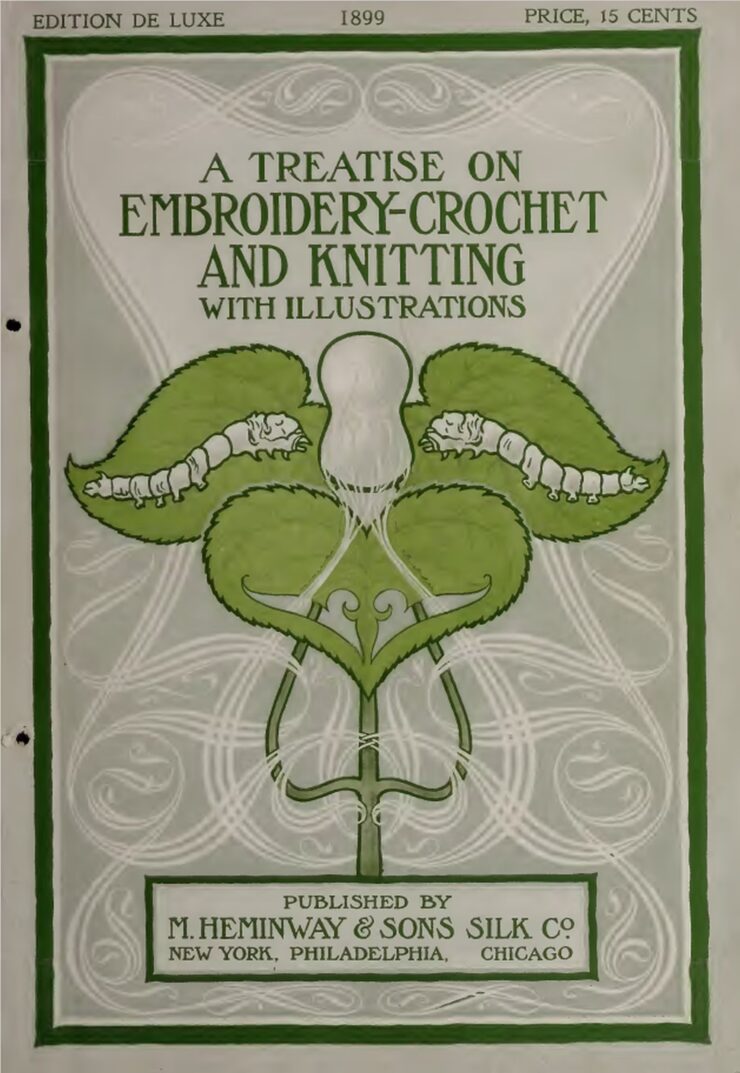




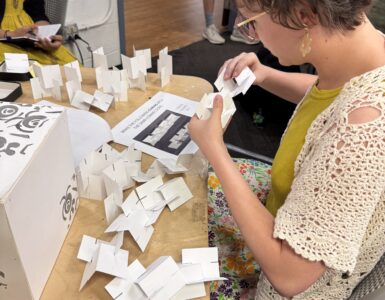
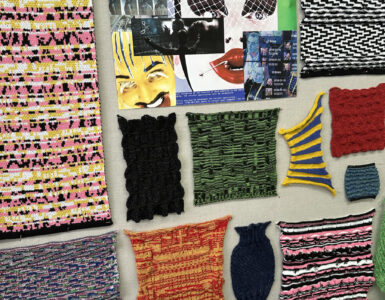
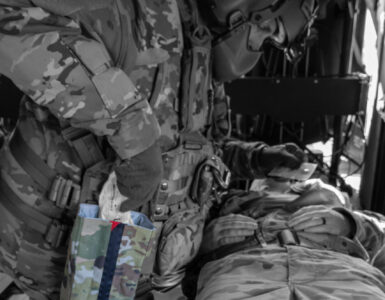

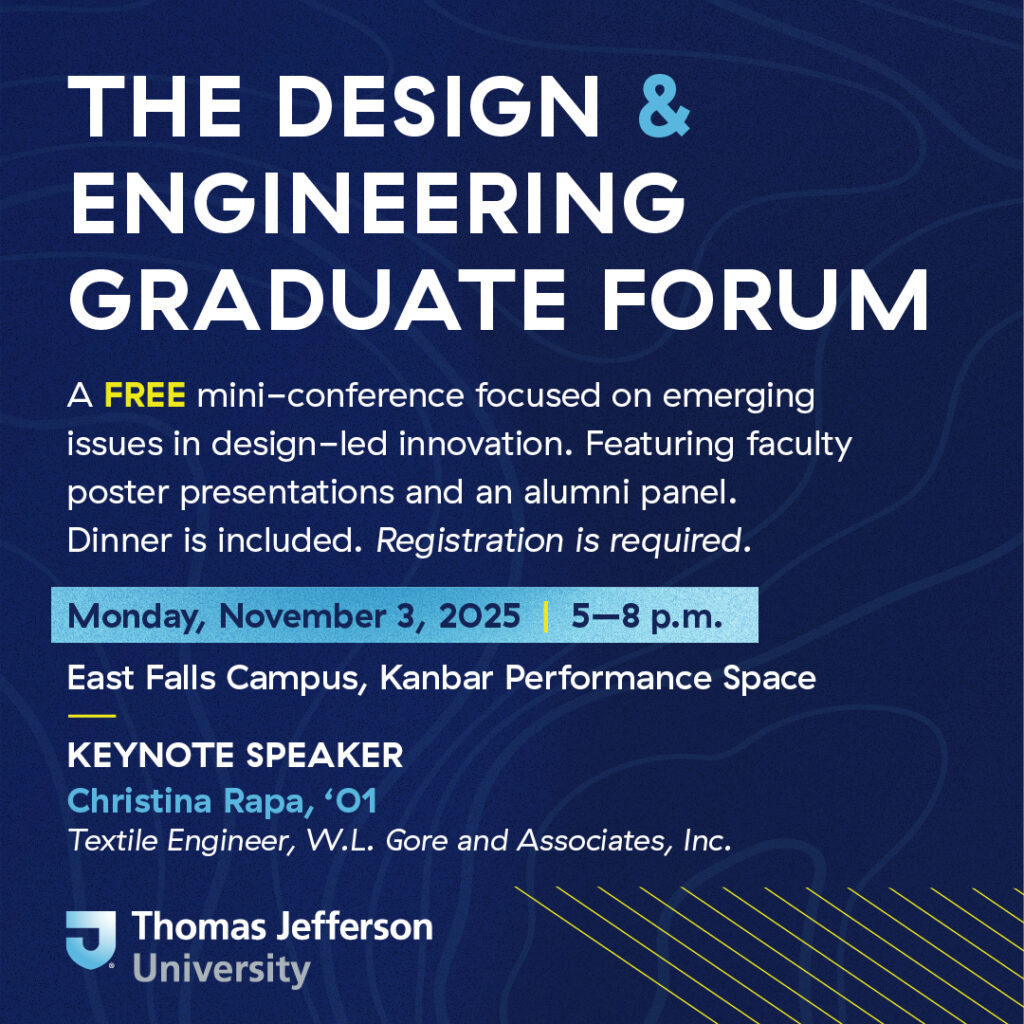
Add comment